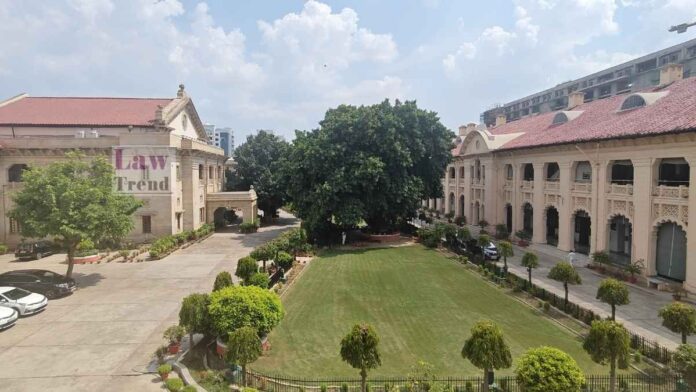The High Court of Judicature at Allahabad, in a significant ruling, has held that there is no statutory duty or existing policy compelling the State Government to pay the electricity dues incurred by Bar Associations operating within court premises. A Division Bench comprising Justice Saumitra Dayal Singh and Justice Indrajeet Shukla dismissed a writ petition
To Read More Please Subscribe to VIP Membership for Unlimited Access to All the Articles, Download Available Copies of Judgments/Order, Acess to Central/State Bare Acts, Advertisement Free Content, Access to More than 4000 Legal Drafts( Readymade Editable Formats of Suits, Petitions, Writs, Legal Notices, Divorce Petitions, 138 Notices, Bail Applications etc.) in Hindi and English.




